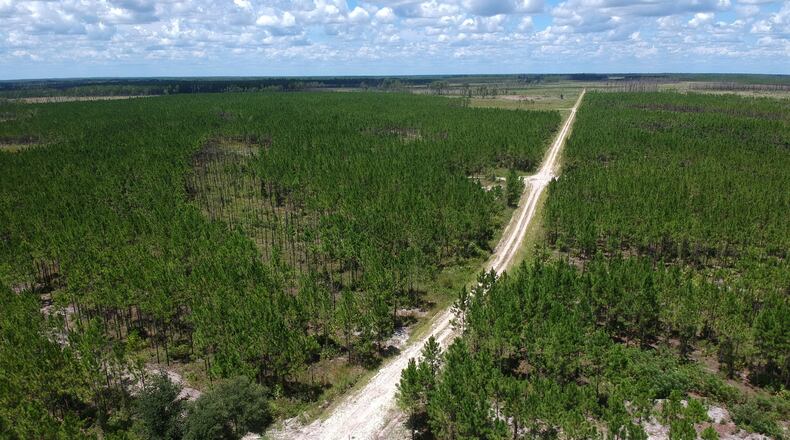A proposed mining project near the Okefenokee Swamp garnered more than 20,000 comments from the public to the Army Corp of Engineers, the agency charged with reviewing the application.
The project, first proposed in August 2018 by Alabama-based Twin Pines Minerals, has been under intense scrutiny by residents and environmental groups who have expressed concerns that the operations could irrevocably harm the swamp.
>> READ MORE: Mining proposal raises concerns about future of Okefenokee Swamp
Public pressure led the Corps to extend the initial comment period, but requests for an additional extension have been denied.
Comments from the Cherokee of Georgia Tribal Council, the U.S. Environmental Protection Agency Region 4 and 14 non-governmental organizations were among the 20,338 comments the Corps received regarding the project.
The Corps is currently reviewing the comments and will decide how to proceed under the National Environmental Policy Act which requires all branches of government to consider the environment before allowing any major federal action that significantly affects it.
The Corps is still waiting for additional reports from Twin Pines minerals including a hydrology study, the results of which will be available online or via a Freedom of Information Act request.
“We are evaluating the options to determine the best method for releasing the report once it is available. Since there has been significant interest in the hydrology report we will make it accessible to the public as soon as possible once it is received. The applicant may also make the report available to the public if they choose,” said Billy Birdwell, spokesperson for the Savannah District, U.S. Army Corps of Engineers.
Twin Pines wants permission to operate a titanium mine on 12,000 acres just south of the Okefenokee, the first phase of which would be on 2,400 acres located about four miles from the swamp.
Commenters expressed concerns ranging from the acres of wetlands that would be lost to what they considered inadequate studies conducted to determine the potential impact of the mine.
In a letter to the Corps, the Southern Environmental Law Center said Twin Pines has misrepresented the scale and severity of the project impacts throughout the applications process and most recently at a public meeting.
Much of the concern is focused on studies that have yet to be completed by Twin Pines about of how mining would impact the water and its movement.
Last month, company representatives said in addition to ongoing research they were developing a three-dimensional groundwater flow model which would simulate what happens to water flow both during and after mining.
The Suwannee Riverkeeper, on Thursday, sent 22 pages of questions to the Corps and the Georgia Department of Environmental Protection asking the agency to deny the permit. The Riverkeeper joined the SELC and other organizations and individuals in asking the Corps to prepare an Environmental Impact Statement, the highest level of analysis available when a proposed federal action may significantly affect the quality of the human environment.
About the Author
The Latest
Featured




